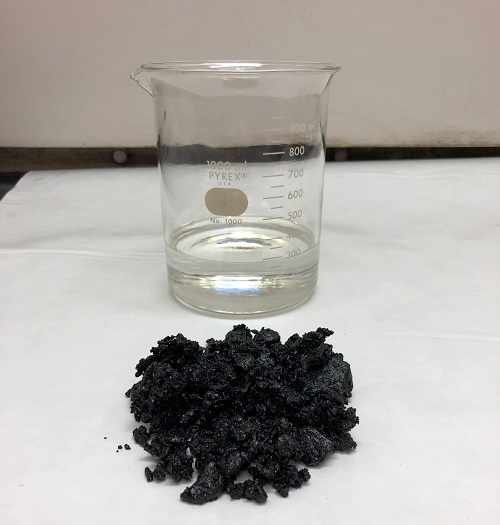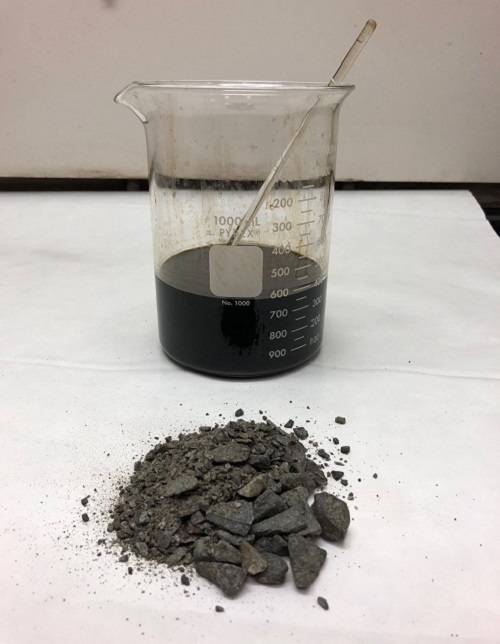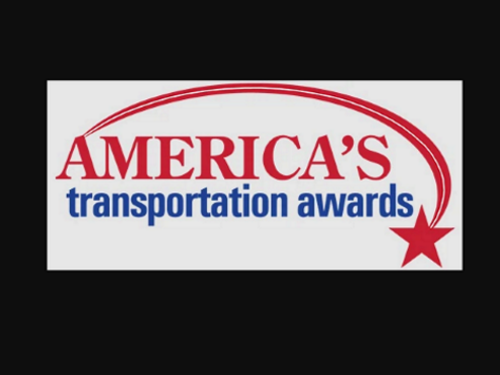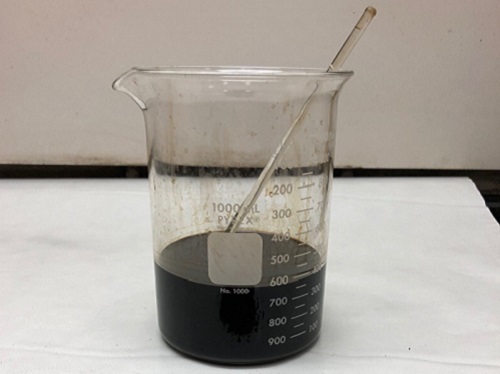The American Association of State Highway and Transportation Officials recently provided feedback to the Environmental Protection Agency on its proposal to address the “unreasonable risk of injury to human health presented” by trichloroethylene or TCE as part of the Toxic Substances Control Act.
[Above photo by AASHTO Re:source]
AASHTO noted in a letter to the EPA that TCE is widely used as a solvent in a variety of industrial, commercial, and consumer applications. Where state departments of transportation are concerned, the organization noted that TCE is critical to the testing process for asphalt pavement material – and that a wide ranging ban on TCE use would adversely impact their roadway paving capabilities.

“EPA is proposing (in part) to prohibit all manufacture, processing, and distribution in commerce of TCE – plus industrial and commercial use of TCE for all uses,” AASHTO noted in its letter. “As part of this ban, EPA is proposing compliance timeframes for certain processing and industrial and commercial uses, including proposed phase-outs and time-limited exemptions of up to 50 years for certain applications.”
AASHTO stressed that while both the organization and the state DOTs it represents “fully support the intent of the proposed regulation to address the health and safety of the workforce,” state DOTs need time to “investigate alternative methods for asphalt testing” with the goal of eliminating TCE from their testing protocols.
“It takes time to research and test alternate procedures to determine their validity in asphalt testing,” AASHTO said in its letter. “Thus we respectfully urge consideration of a time-limited exemption of 20 years from the ban on TCE in laboratory asphalt testing to provide state DOTs with a necessary transition period in which to research and test alternate methods for accomplishing the important work of quality control of the vast amounts of asphalt used on our nation’s transportation system.”

AASHTO pointed out that currently at least 23 state DOTs would be impacted by an immediate ban on TCE, noting that that there are a host of technical reasons – such as the physical properties of the aggregates available in a given state – why some state DOTs specify TCE in their testing protocols.
There are also concerns about the use of TCE as it impacts sustainability efforts, for states using recycled asphalt pavement (RAP) and recycled asphalt shingles (RAS) in their pavement mixes require a solvent extraction method to determine the amount of asphalt in the mix, as well as the grade of asphalt, which determines the strength and durability of the product.
The organization is also “highly concerned” that laboratory testing of asphalt is specifically excluded from any phase-outs or time-limited exemptions in the EPA’s proposed rule regarding TCE usage.
“Repeatedly throughout the proposal, asphalt laboratory testing is specifically excluded from the list of laboratory procedures that are granted a temporary exemption or phase-out period for the removal of TCE from their processes,” AASHTO noted.
“As we believe there is a strong case for asphalt testing to qualify for a temporary exemption, it is concerning to see explicit preclusion of this activity,” the organization emphasized. “Banning TCE would impact quality determinations in the use of RAP and RAS, which has been instituted to address federal sustainability objectives and improve environmental product declarations for asphalt mixtures.”
 Nation
Nation
Entries Sought for 2026 America’s Transportation Awards
February 27, 2026 Nation
Nation

